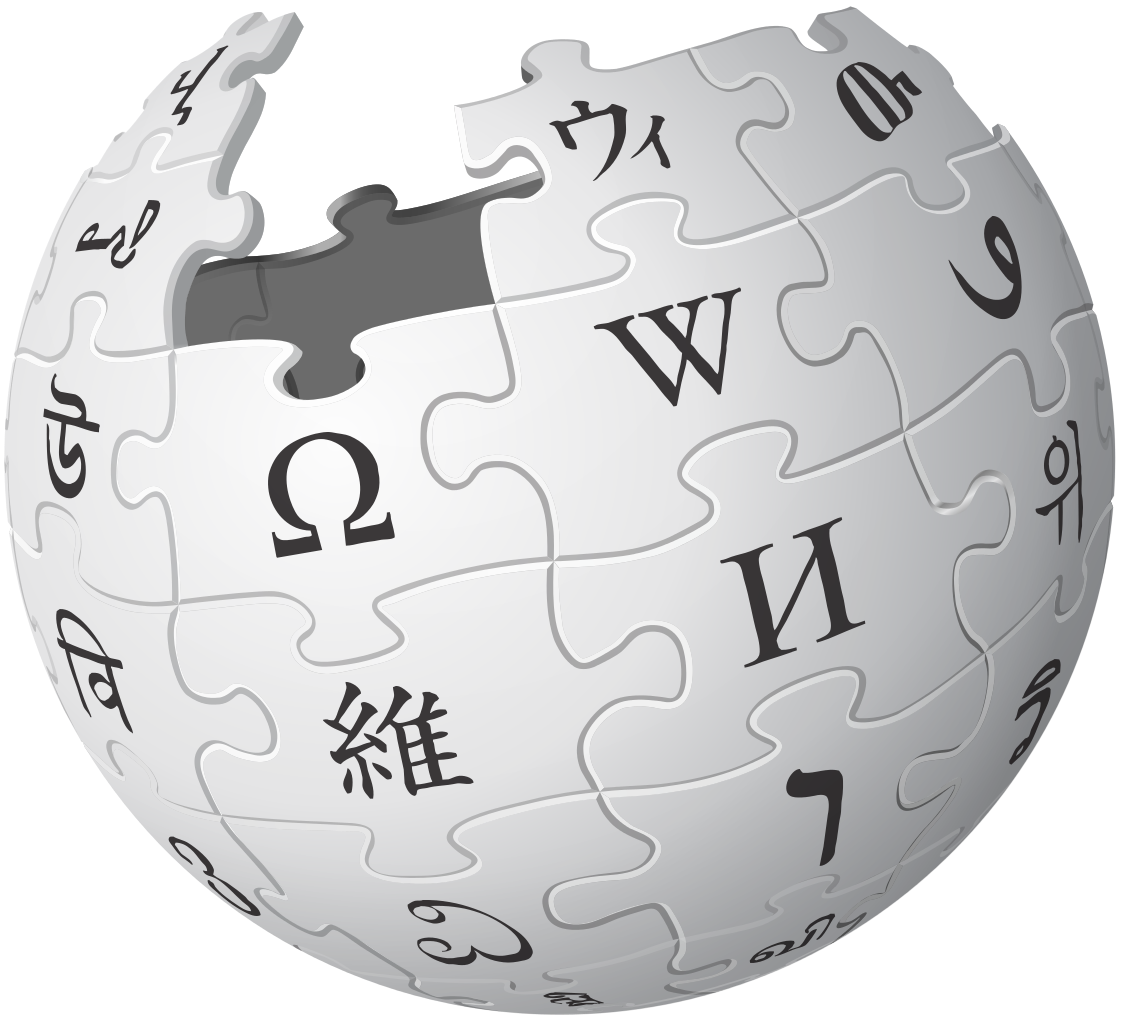by: Mikal Cardine
Mikal is a senior studying English at George Mason. She previously worked with WAC to create disciplinary writing guides for student use. To reach her, please contact [email protected].
The average undergraduate will hear a variety of conflicting viewpoints from their university professors on the topic of Wikipedia. While some professors will openly express distrust of Wikipedia as a source for research, others are more open to the use of Wikipedia as a learning tool. While Middlebury College outright banned undergraduates from citing Wikipedia in any academic essay—stating that “students need to be taught to go for quality information, not just convenience” (Jaschik, 2)—professors such as Mark Kissling argue that faculty do a disservice to their students if they don’t help them to understand why instructors are concerned about the source. As Kissling writes, professors have a duty to teach “their students to learn to critically read Wikipedia…helping them understand how it is created, how it defines and positions knowledge, and what it makes possible and fails to do” (Kissling, 1).
As an undergraduate, I have to admit that Wikipedia is in. Originally branded as untrustworthy, the site is now our go-to research tool – but why? Has student scholarship fallen so far? Or has Wikipedia possibly become a useful research tool? Prompted to learn more, I decided to do a little research and created a simple survey to determine Wikipedia’s current value to both professors and students.

